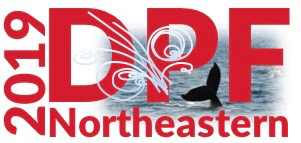Speakers
Description
Entanglement and related subjects of quantum information science have become a hot topic in QCD. We review how and why this comes from a new point of view with fresh opportunities for experimental and theoretical investigation. The early history of QCD was dominated by makeshift models and case-by-case perturbative calculations. We now have new organizing principles and experimental procedures that bypass model-dependent assumptions and make data analysis tremendously efficient. The new approach exploits the fundamentals of quantum mechanics in a way that is maximally effective for inclusive reactions. Separabilty is a simple criterion of entanglement that explains factorization and its limitations. We illustrate the power of quantum tomography with practical data analyses that go directly from experimental 4-vectors to inclusive observables.
